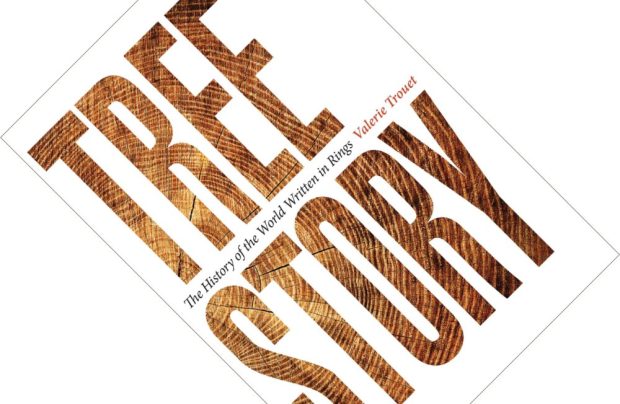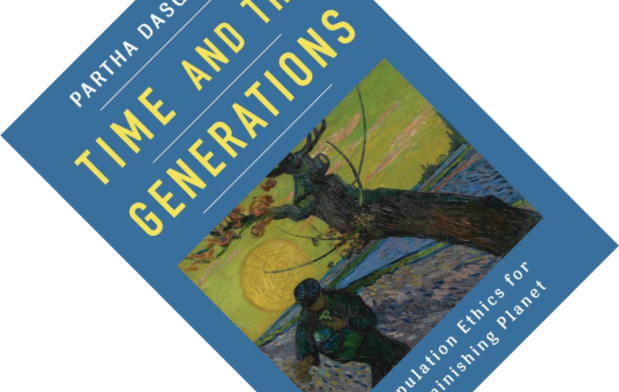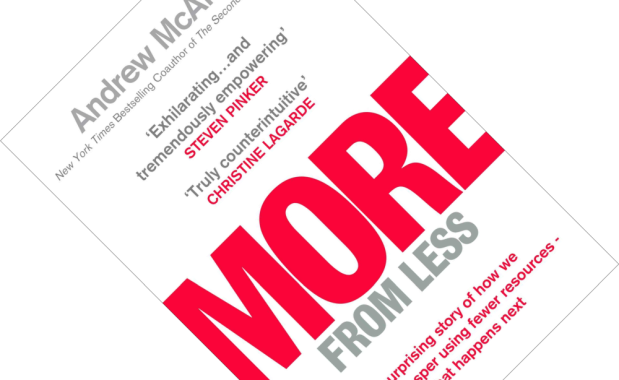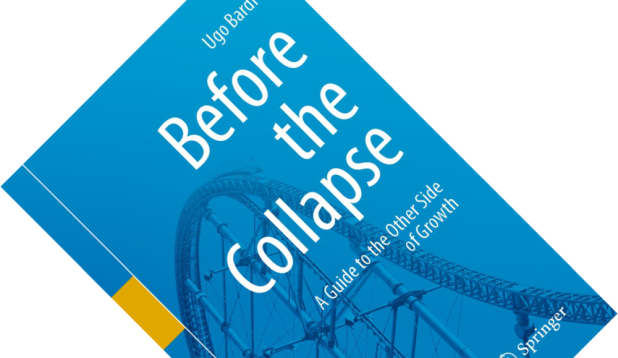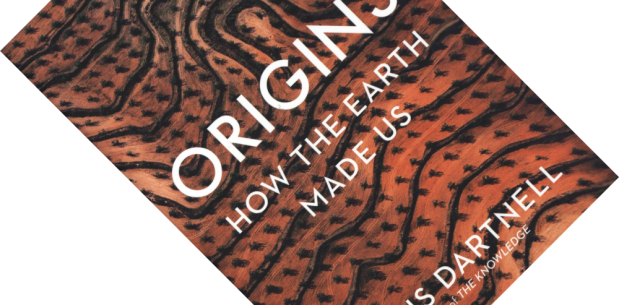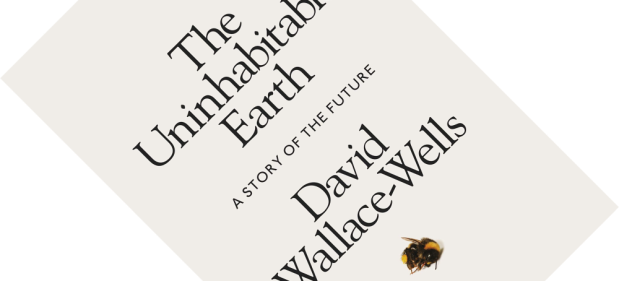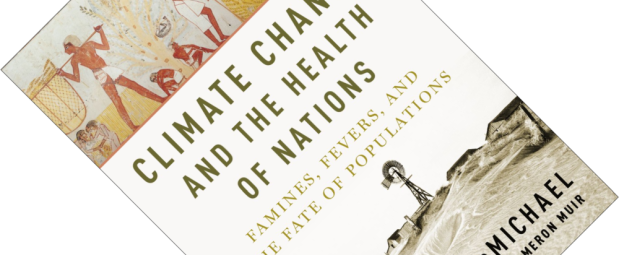7-minute read
To figure out how old a tree is, all you have to do is count its rings, and some truly ancient trees grace the pages of this book. But, as tree-ring researcher Valerie Trouet shows, that is the least fascinating thing you can derive from wood. Revealing the inner workings of the academic field formally known as dendrochronology, Tree Story is an immersive jaunt through archaeology, palaeoclimatology, and environmental history. A beautifully written and designed book, it highlights the importance and usefulness of tree rings in reconstructing past climate and linking it to human history.

